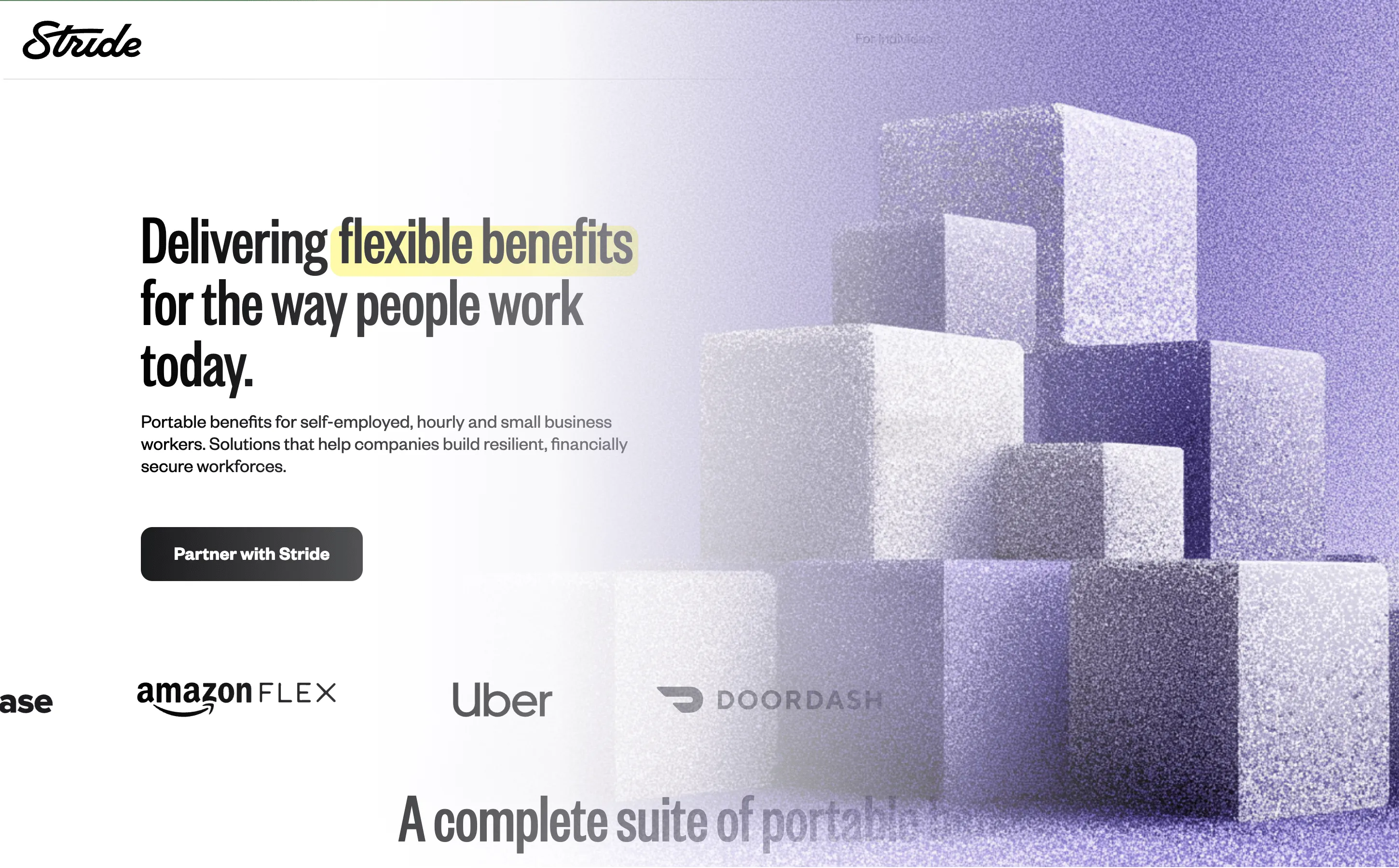
GDPR Compliance. For Modern Tech Companies.
Put a right sized privacy program in place to address GDPR without slowing down. Navigate complex privacy requirements with proven expertise.
.avif)
Address EU Privacy Requirements.
GDPR compliance is not optional - it's essential for any business handling EU personal data
Trusted by market leading technology companies


















Workstreet was critical to the success of our audit, handling the evidence collection, interviews, and generally managing the auditor, saving our team the burden and time. The result was a faster audit with less findings compared to the previous year.



Our team has been really happy with the speed and responsiveness from you all. Several of our AEs have mentioned being extremely impressed relative to what they saw at their past companies. Excited to keep working together here.


Workstreet has been a true partner. They embedded security into our daily workflow, took on the heavy lifting, and enabled us to move faster by unblocking security reviews without draining our team.






All of them (security reviews) have been super smooth for us to get through because of the work that you guys did for us. We've had no hiccups, no issues, passed everything. And it's been great.



Workstreet helps us move a lot faster. I save time, our engineers save time, and we’re able to get back to customers quicker, which helps us with faster sales cycles. Our engineers and I have saved 100+ work hours since we started with Workstreet.



Begin Your GDPR Compliance Journey
Connect with our GDPR experts to start building a privacy program.
Thank you!
One of our trust engineers will be in touch shortly.
.avif)
Get Compliant with GDPR Fast
From data mapping to ongoing compliance, we ensure full GDPR adherence without adding a full privacy team.


Data Audit & Mapping
.svg)
Privacy Framework Implementation
.svg)
Technical & Organizational Measures
.svg)
Ongoing Compliance Management
.avif)
Comprehensive guidance for implementing and maintaining GDPR compliance effectively.
The Complete GDPR Compliance Guide
Navigate GDPR requirements successfully with our comprehensive implementation guide
How Companies Comply with GDPR in Record Time
Real examples of companies that use Workstreet to GDPR fast

XO Capital
XO Capital is a financial services company providing innovative investment and capital solutions for businesses and entrepreneurs. As they expanded their operations and client base, XO Capital recognized the need to establish robust security and compliance measures to protect sensitive financial information and build trust with customers. With their team focused on financial operations and client service, they faced significant challenges in navigating complex compliance requirements efficiently.

From Compliance Burden to Strategic Advantage: How Workstreet Transformed Stride Health's Security Program
Stride Health, a leading cloud-based healthcare software company, partnered with Workstreet to transform their security and compliance program from a resource-intensive burden into a strategic business advantage. Over two years, Workstreet delivered exceptional results: 90% reduction in audit findings, 95% reduction in internal team time commitment, and zero findings in the latest penetration test—all while maintaining full HIPAA and NIST 800-53 compliance.
GDPR FAQs
Common questions about GDPR compliance
Yes, GDPR applies if you process EU residents' personal data, regardless of your company's location. This includes having EU customers, website visitors, or employees. GDPR's extraterritorial scope means any organization offering goods or services to EU data subjects or monitoring their behavior must comply. Many US companies have faced significant fines, making GDPR compliance business-critical for global operations.
GDPR defines personal data as any information relating to an identified or identifiable individual. This includes direct identifiers (names, IDs, location data) and indirect identifiers that could identify someone when combined with other information. GDPR specifically protects special categories of data (health, biometric, racial, political, religious information) with stricter requirements than other privacy frameworks.
Essential GDPR requirements include: obtaining valid consent or other legal basis for processing; implementing data protection by design and default; conducting impact assessments for high-risk processing; maintaining records of processing activities; appointing a Data Protection Officer when required; ensuring proper data transfer mechanisms for cross-border transfers; and enabling data subject rights (access, erasure, portability).
GDPR violations can result in fines up to €20 million or 4% of global annual revenue, whichever is higher. Supervisory authorities can also impose remediation requirements, processing restrictions, and suspension of data flows. Recent enforcement actions have resulted in substantial penalties for major companies, with increasing focus on international data transfers and inadequate security measures.
Implement systems to verify identity and respond to requests within one month. For access requests, provide all personal data in a machine-readable format. For erasure requests, remove data across all systems unless exceptions apply. For portability requests, transfer data directly to other controllers when technically feasible. Document all requests and responses to demonstrate compliance with regulatory timelines.
Don't Risk Your Business. Build Privacy Right.
GDPR compliance is mandatory, not optional. Get expert guidance that ensures full compliance and enables EU growth.








